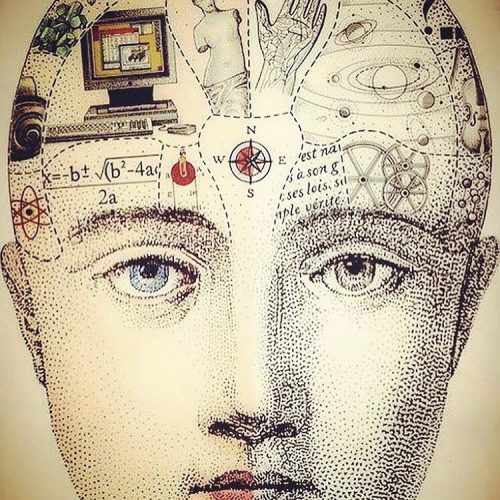In addition to releasing adrenaline and norepinephrine in the body, stress also releases dopamine — a neurotransmitter that tells us we’re feeling good & this behavior is worth repeating. We are quite literally addicted to stress. Not to mention that being stressed and overworking is rewarded by our society. However, stress is extremely hard on the body, with long lasting detriment to our health.
From stress.org/are-you-a-stress-addict:
Stress has been shown to have the following side effects: increased heart rate and blood pressure, increase in blood sugar, breakdown of muscle tissue, decreased digestive functioning, ulcers, blood clotting, migraines, skin problems, premature aging, loss of brain cells, social isolation and loneliness, anxiety, panic attacks, depression, substance abuse, relationship problems, lack of focus, multitasking and disengagement.
In fact a 20 year study by the University of London completed in the early 1990s found that unmanaged reactions to stress were a more dangerous risk factor for cancer and heart disease than either cigarette smoking or high-cholesterol foods. And stress may even be as addictive as drugs. In addition to the hormones adrenaline and noradrenaline, stress also releases dopamine, a “feel good” chemical. Dopamine encourages repeat behaviors by activating the reward center in our brain and may be at the heart of many addictive behaviors and substance abuse issues.
Thinking back, are you able to notice any times where you felt you thrived on stress? Have you ever tried to take time off only to find it takes days just to get yourself to decompress? One of the challenges in stress management is fighting our tendency to be pulled back into the rush. It’s important that we recognize the significance of what a stress imbalance does to our system, physically, emotionally, mentally and spiritually. Recovery is not an option. It might be difficult to schedule into our routine, but we can train our brain to become more comfortable with stillness through practice. Techniques that balance out our stress hormones include deep breathing, guided imagery, massage, and meditation.
Consider whether you are still able to accomplish all the things you need to in a given day without stress and adrenaline. And remember, Functional Medicine, acupuncture, bodywork, and CranioSacral therapy are all excellent tools for retraining your brain and body to overcome stress addiction.
Photo: Unknown
